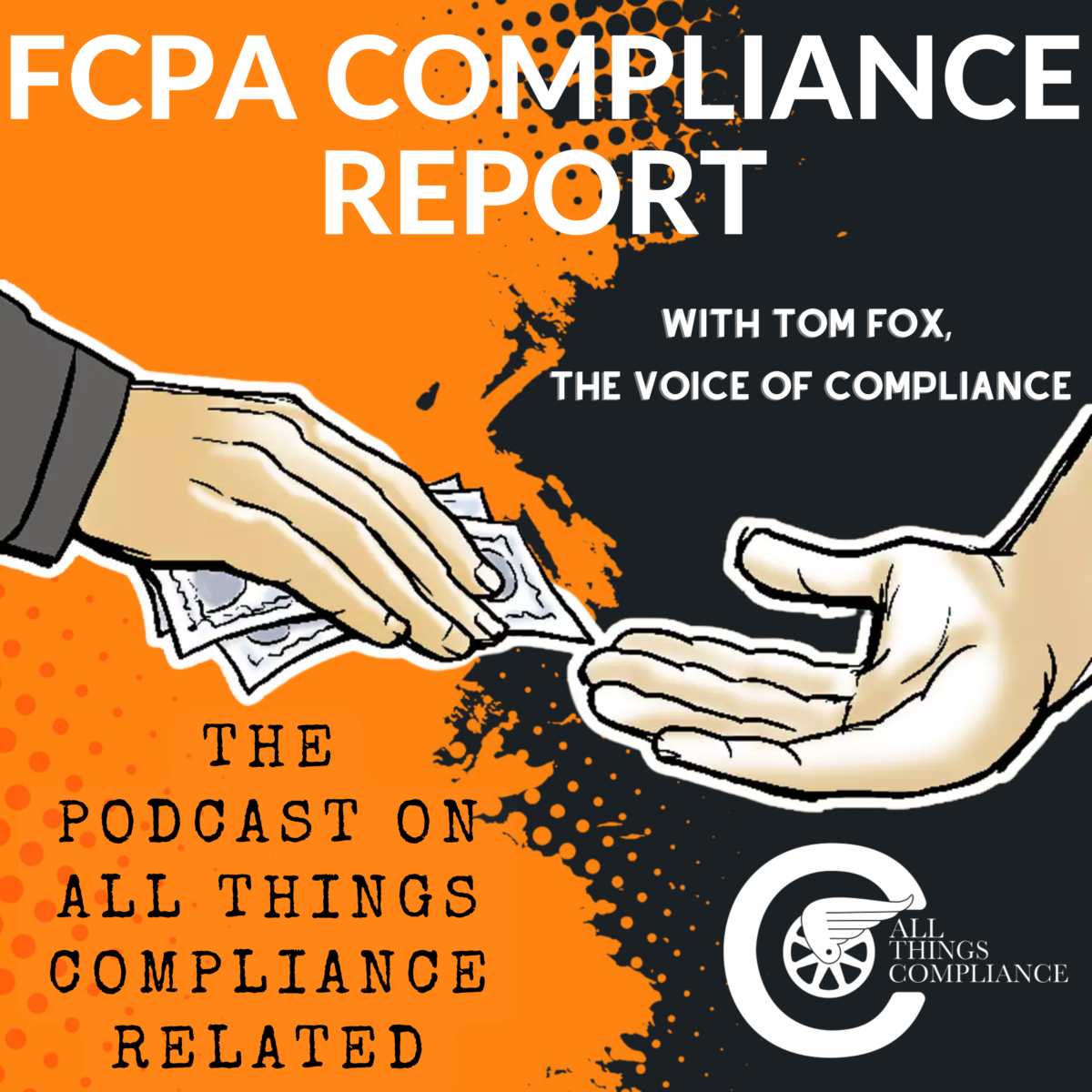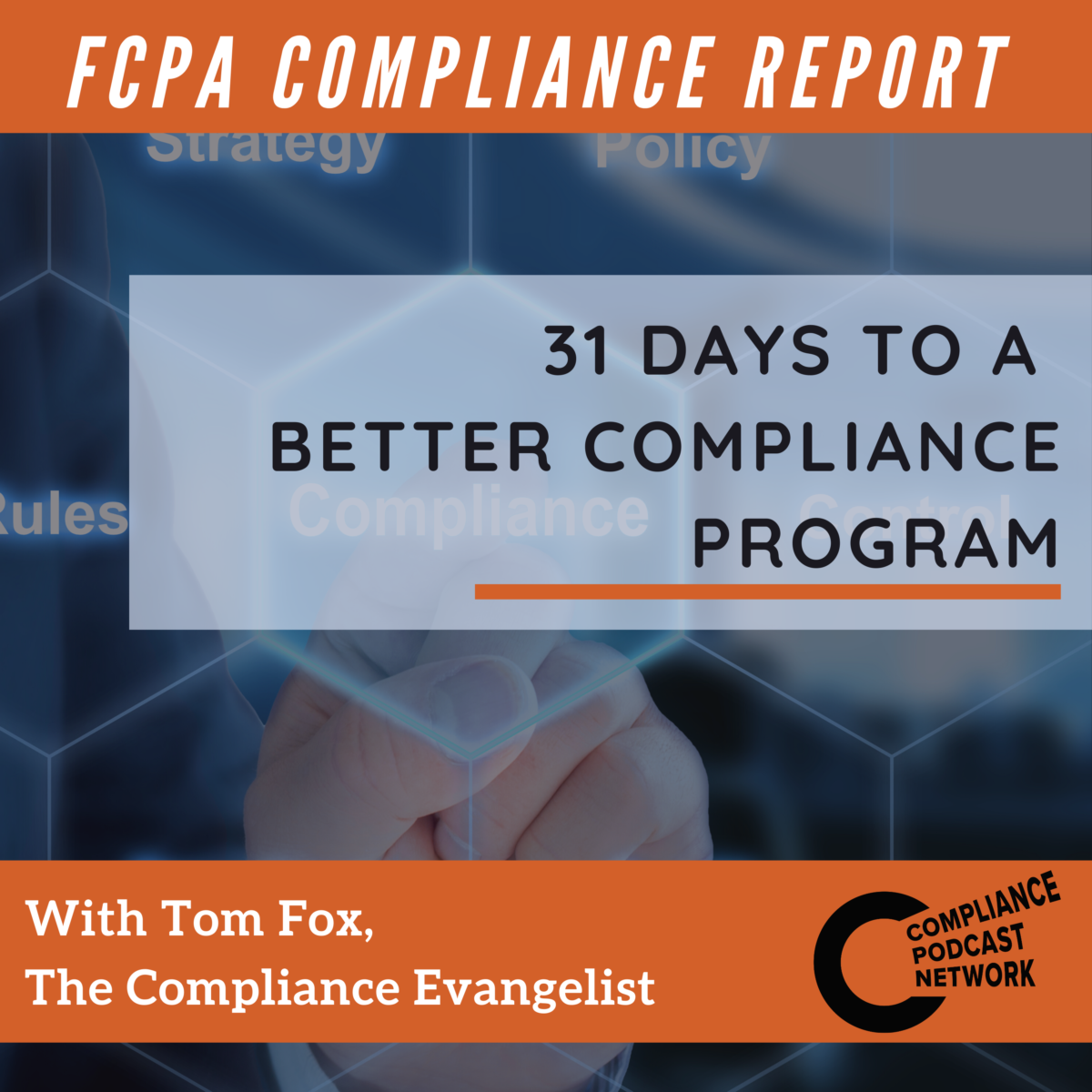Welcome to the award-winning FCPA Compliance Report, the longest-running podcast in compliance. In this episode, Tom Fox welcomes Frank Orlowski.
Frank Orlowski is a seasoned professional with a wealth of experience in managing emerging markets in the pharmaceutical industry, having spent over 25 years at Pfizer Pharmaceuticals. His extensive knowledge, particularly in South America, Middle East Asia, and Eastern Europe, where he faced difficulties in compliance, controls, and adhering to US accounting regulations, has shaped his perspective on managing emerging markets. Orlowski emphasizes the importance of understanding different cultures, regulations, and geopolitical issues when working in these markets. After retiring from Pfizer, he founded the Ation Advisory Group, where he leverages his expertise to assist companies in commercializing products in the life science industry. Join Tom Fox and Frank Orlowski on this episode of the FCPA Compliance Report podcast to gain more insights into managing emerging markets in the pharmaceutical industry.
Key Highlight:
- Frank Orlowski’s Global Financial Expertise
- Navigating Unique Obstacles in Emerging Markets
- Navigating Cultural Differences in Emerging Market Compliance
- Creative Employee Rewards and Engagement Strategies
- Enhancing Healthcare Through Medtech Innovations
- The Integrated Legal Division at Pfizer
Resources:
Frank Orlowski on LinkedIn
Tom Fox









